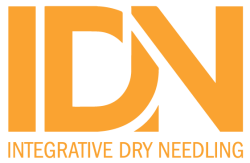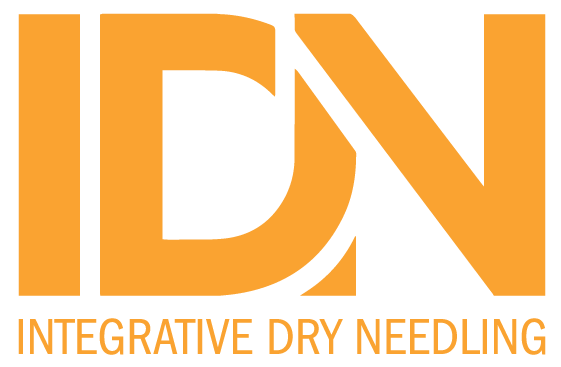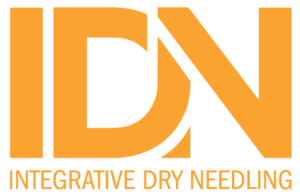Phys Ther. 2023 Nov 6:pzad154. doi: 10.1093/ptj/pzad154. Online ahead of print.
ABSTRACT
OBJECTIVE: The aim of this study was to assess the efficacy of physical therapist interventions on the intensity, frequency, and duration of headaches, as well as on the quality of life of patients with cervicogenic headache.
METHODS: The following databases were searched up to October 2022: PEDro, Web of Science, Pubmed, and Cochrane Library. Randomized controlled trials assessing the effect of physical therapist interventions on adults with cervicogenic headache were included. Quality appraisal was conducted using the Cochrane risk of bias 2.0 tool and the Confidence in Network Meta-analysis (CINeMA) web app. Synthesis methods were conducted in accordance with the Cochrane Handbook.
RESULTS: Of 28 identified reports, 23 were included in the quantitative synthesis. Manipulation plus dry needling was the highest-ranked intervention to reduce short-term headache intensity (mean difference [MD] = -4.87; 95% CI = -8.51 to -1.24), and frequency (MD = -3.09; 95% CI = -4.93 to -1.25) when compared to a control intervention. Other high ranked and clinically effective interventions (when compared to a control intervention) were muscle-energy-technique plus exercise (MD = 4.37; 95% CI = -8.01 to -0.74), as well as soft tissue techniques plus exercise (MD = -3.01; 95% CI = -5.1 to -0.92) to reduce short-term headache intensity, and dry needling plus exercise (MD = -2.92; 95% CI = -4.73 to -1.11) to reduce short-term headache frequency. These results were based on a low certainty of evidence.
CONCLUSION: The 4 most highly ranked interventions can be considered in clinical practice. However, no conclusive recommendation can be made due to low certainty of evidence.
IMPACT: Combined interventions such as spinal joint manipulation plus dry needling and muscle-energy-technique or soft tissue techniques or dry needling plus exercises seem to be the best interventions to reduce short-term cervicogenic headache intensity and/or frequency.
PMID:37941472 | DOI:10.1093/ptj/pzad154



